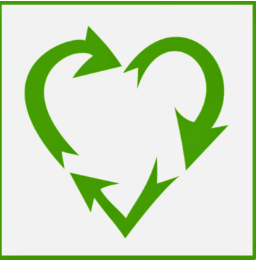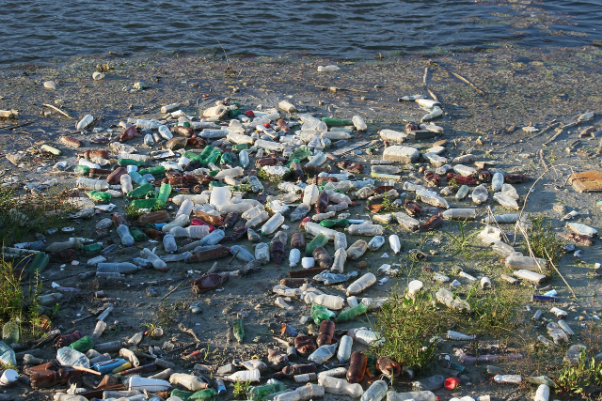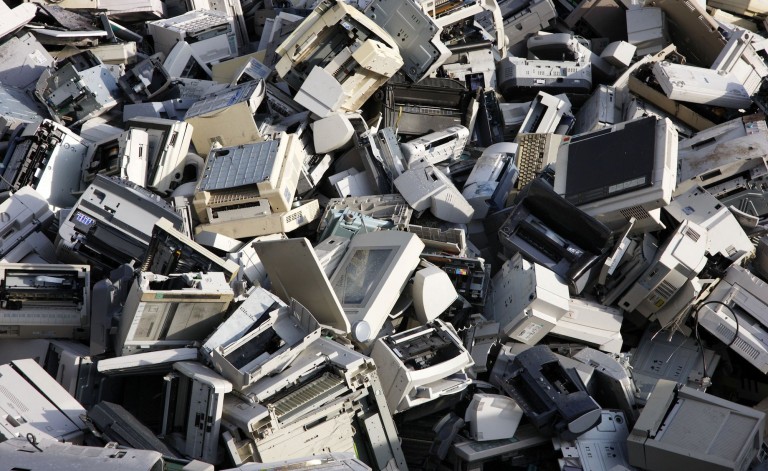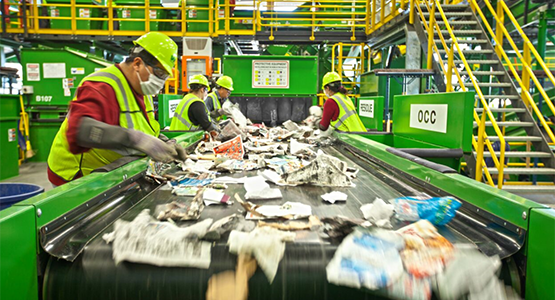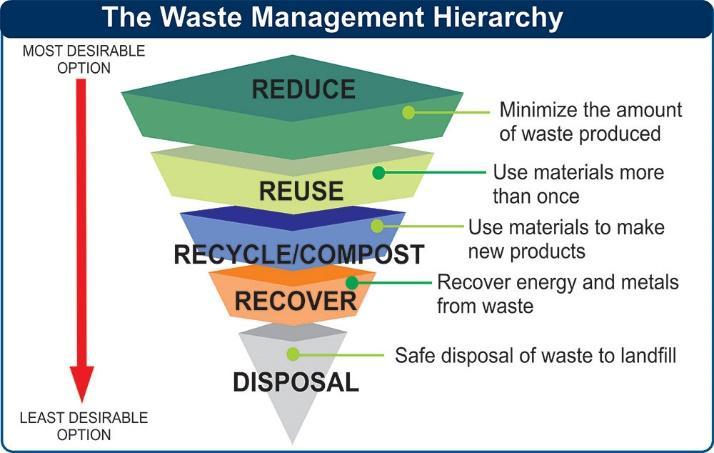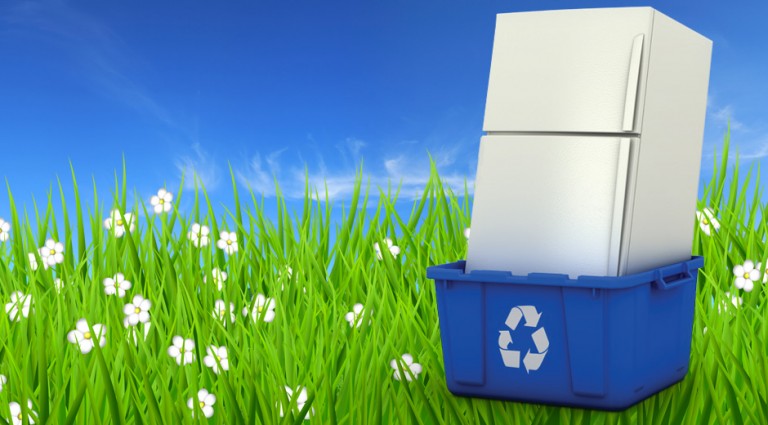Recycling of protective medical equipment and clothing
The worldwide spread of the coronavirus pandemic has led society to introduce stricter hygiene measures. Wearing PPE (personal protective equipment) became mandatory, and we quickly adopted the new rules and they became “the new normal.”
However, the masks and gloves we use daily get dirty quickly and must be discarded. But if they are not disposed of and recycled properly, the environment will quickly become polluted. And then the world will face not only a pandemic but also an ecological crisis.
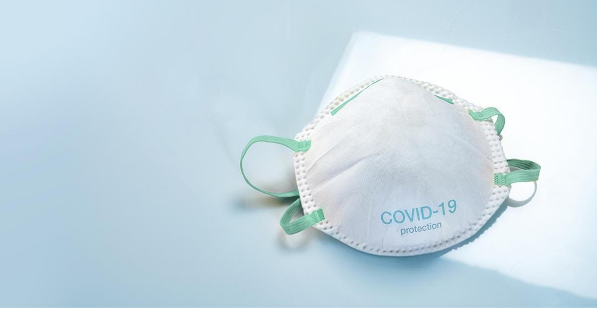
Where should protective medical devices be disposed of?
Currently, the WHO and the Ministries of Health of all countries advise to follow the established and approved system for disposal and recycling of medical waste when disposing of personal protective equipment.
What does this mean?
According to the hazardous medical waste disposal scheme by healthcare institutions such as hospitals, clinics and other medical facilities, masks, gloves and protective clothing used by first-line people must be stored in special sealed containers. These containers must then be handed over for incineration.
Personal medical devices used by citizens must be placed in paper or plastic bags after removal. The bags must be tightly closed and not disposed of in the recycling container. If there are special containers in the city for disposing of medical devices, the bags should be disposed of in them. If not, bags with masks and gloves should be placed in a general waste disposal container.
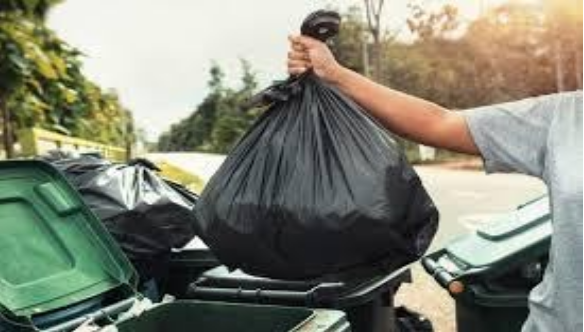
How are protective medical devices and clothing recycled?
Unlike a large percentage of recyclable waste, the WHO (World Health Organization) does not recommend that personal protective equipment be recycled.
Why?
Disposable or reusable masks, gloves and clothing are considered hazardous medical materials. In order to be recyclable, they must be decontaminated beforehand. Given the fact that the virus can live on different surfaces for up to several hours and be transmitted and spread quite easily, there is currently no fully effective method by which PPE can be decontaminated so that there is no danger of spreading. . The only way to safely destroy viruses at the moment, experts see in the burning of personal protective equipment. The high temperatures ensure that they will be completely eradicated and the disease will have no chance of spreading on a larger scale.
How in the world are they coping with the recycling of medical supplies that are thrown away every day?
In order to deal with the huge amount of discarded PPE, various countries are working actively, introducing a number of facilities for certified companies that have the right to incinerate hazardous waste.
United Kingdom
In the United Kingdom, for example, the Environment Agency has introduced simplified rules for the incineration of hazardous medical waste and PPE contaminated with Covid-19 to be incinerated from the incineration of other waste.
Italy
In Italy, additional safe procedures for the storage and incineration of PPE have been introduced. At Botusha, waste is sealed in multiple containers and stored away from other waste. When they have to be transported to the separators and incineration lines, the containers pass through special corridors and move with special elevators.
China
In China, where at the height of the coronavirus pandemic, Wuhan hospitals generated six times more waste than normal, the government allocated funds to build a new medical waste facility and 46 mobile facilities to handle the waste in record time. which the installations cannot take.
Bulgaria
In our country, discarded masks, gloves, clothing and other hazardous medical waste are processed either by state incineration plants or by licensed private companies.
What is the risk of using personal protective equipment if it is not disposed of and recycled properly?
As already mentioned, the virus can live without any problem on various surfaces (including masks and gloves) for several hours. This means that if you throw your mask or gloves directly in the bin or just throw them on the ground and pass, the viruses will not only continue to live, but can also get into the soil and groundwater. And if they get there, only the spread of Kovid – 19 will continue.
If that doesn’t scare you, here’s another fact. Did you know that in just one month since the beginning of the pandemic, 3.5 billion PPE has been used worldwide. And according to estimates by the environmental organization WWF, if only one percent of personal protective equipment is disposed of in the environment, it means that in a month on the streets of cities will be more than 10 million masks.
Add the other medical remedies that are used and discarded and imagine what our planet will look like in just a year.
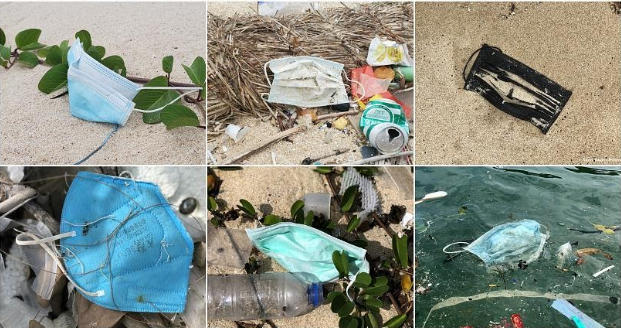
And that’s not all. Gloves, masks, clothing and handkerchiefs contain plastic. When discharged into the environment, the plastic particles they contain end up in sewers, soil and groundwater. There they break down into microplastics and together with pesticides and other harmful chemicals and substances poison the soil in which we grow our food.
Useful
How to properly remove, dispose of and store the protections you use?
Remove mask and gloves
- Make sure you have a bag or a medical waste bin near you.
- Tilt your face to the ground and grasp the rubber bands of the mask with both hands. If there are no elastics and it is tied on your head, untie it.
- Remove the mask, holding it only by the rubber bands.
- Open the bag and place it. Then close the bag tightly immediately.
- Remove the gloves by carefully grasping the upper end. Do not touch the outside.
- After removing them, put them in a bag, seal it tightly and only then throw it in the trash.
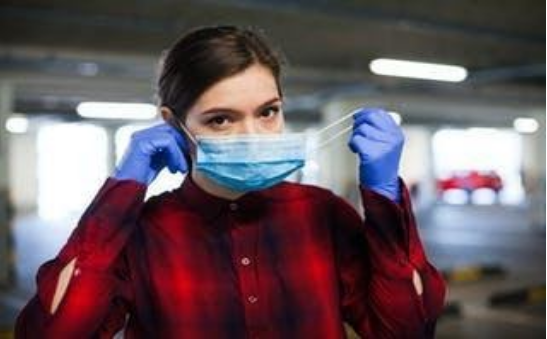
Disposal of PPE
- Never dispose of your personal protective equipment in open, public places or in bins that are not intended for hazardous medical waste.
- Do not dispose of masks and gloves directly in open rubbish bins.
- If you are a first-line physician or employee, dispose of personal protective equipment in special, sealed containers designed for hazardous medical waste.
- If you are at home, before throwing the mask or gloves in the basket, put them in the cake, close it tightly and only then dispose of the waste.
